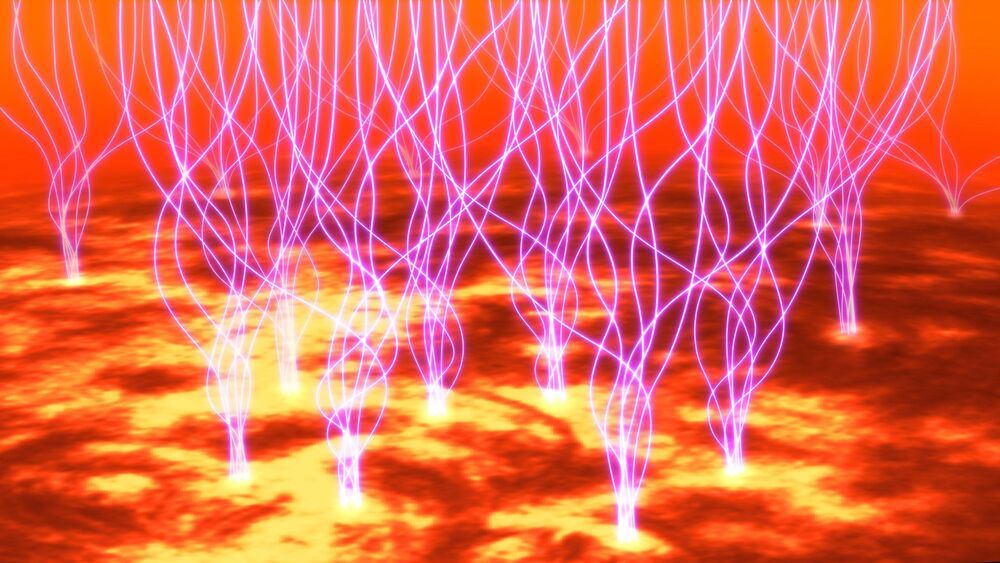Every day space telescopes provide spectacular images of the solar activity. However, their instruments are blind to its main driver: the magnetic field in the outer layers of the solar atmosphere, where the explosive events that occasionally affect the Earth occur. The extraordinary observations of the polarization of the Sun’s ultraviolet light achieved by the CLASP2 mission have made it possible to map the magnetic field throughout the entire solar atmosphere, from the photosphere until the base of the extremely hot corona. This investigation, published today in the journal Science Advances, has been carried out by the international team responsible for this suborbital experiment, which includes several scientists of the POLMAG group of the Instituto de Astrofísica de Canarias (IAC).
The chromosphere is a very important region of the solar atmosphere spanning a few thousand kilometers between the relatively thin and cool photosphere (with temperatures of a few thousand degrees) and the hot and extended corona (with temperatures above a million degrees). Although the temperature of the chromosphere is about one hundred times lower than that of the corona, the chromosphere has a far higher density, and thus much more energy is required to sustain it. Moreover, the mechanical energy necessary to heat the corona needs to traverse the chromosphere, making it a crucial interface region for the solution of many of the key problems in solar and stellar physics. One of the current scientific challenges is to understand the origin of the violent activity of the solar atmosphere, which on some occasions perturb the Earth’s magnetosphere with serious consequences for our present technological world.
